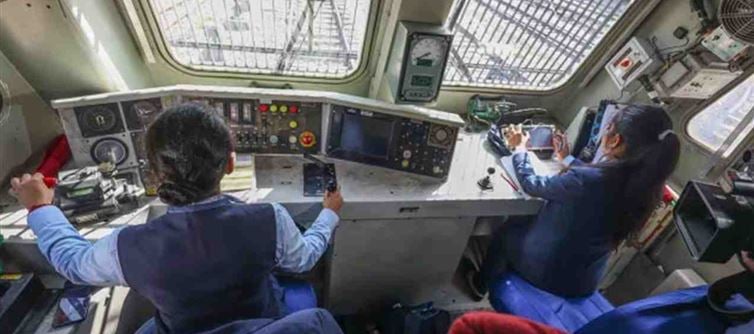
In a safety-critical job, the difference between competence and incompetence can be measured in human lives. Trains carry lakhs of commuters daily, and the loco pilot’s judgment in emergencies, ability to follow protocols, and knowledge of operations are non-negotiable. If recruitment tilts heavily towards meeting quotas rather than ensuring that only the most qualified are chosen, the risk is not theoretical—it is real and immediate. A system that allows someone with less than half the marks of another candidate to take on such a high-responsibility role needs to be revisited, not just for fairness, but for the safety of everyone who steps onto a train.
The debate here is not about abolishing affirmative action, but about its scope and application. While social justice and representation are vital in a diverse country like India, there must be clear boundaries when it comes to roles that directly impact human lives. In positions like Assistant Loco Pilot, pilots in aviation, or surgeons in hospitals, merit and competence must take precedence over every other factor. Caste should not decide who gets the job—merit should. If we fail to uphold this principle, we risk turning essential services into ticking time bombs, where political correctness outweighs public safety.




 click and follow Indiaherald WhatsApp channel
click and follow Indiaherald WhatsApp channel